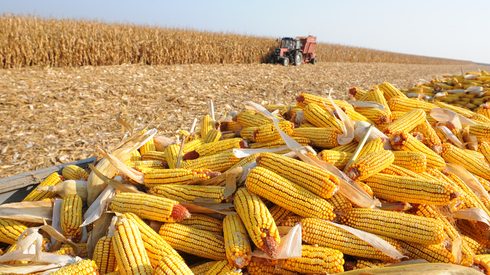The Food and Agriculture Organization of the United Nations (FAO) has warned of a repeat of last year’s costly locust outbreaks in Africa and the Middle East that devastated local cereal production, and asked international donors for help.
FAO is asking donors for $40 million to combat the latest infestations around the Horn of Africa and the southern tip of the Arabian Peninsula, boosting surveillance and control measures where new swarms are threatening to grow.
“Favourable weather conditions and widespread seasonal rains have caused extensive breeding in eastern Ethiopia and Somalia. This was worsened by Cyclone Gati which brought flooding to northern Somalia last month allowing locust infestations to increase further in the coming months,” FAO said.
Kenya, Eritrea, Saudi Arabia, Sudan, and Yemen were also named as potentially susceptible to new invasions.
Earlier this year, one of the worst locust outbreaks in decades prompted the FAO to step up its work, with control actions to date preventing the destruction of an estimated 2.7 million mt of cereals on 1.7 million ha.
Worth $800 million, those crops are enough to feed 18 million people for a year.





